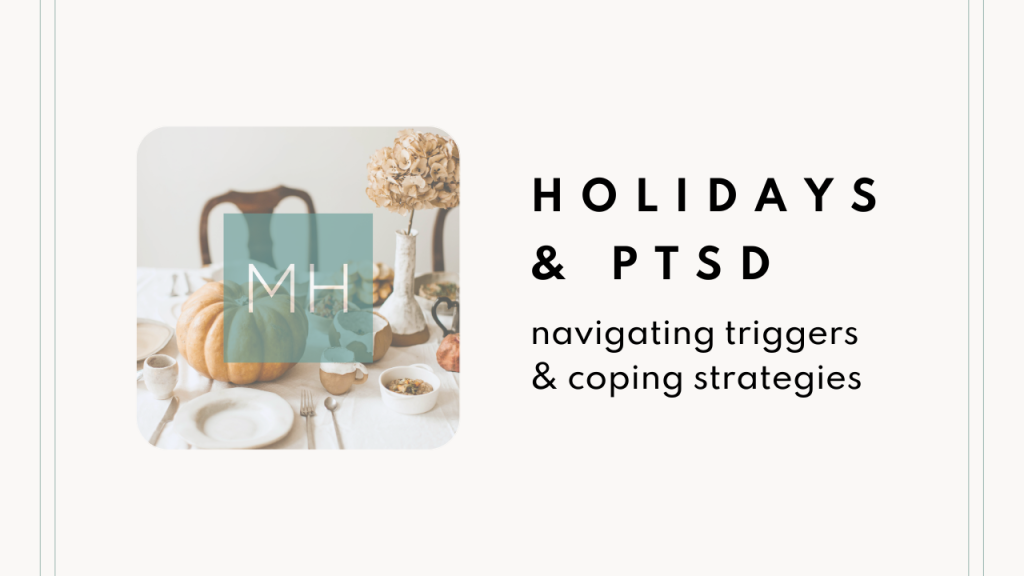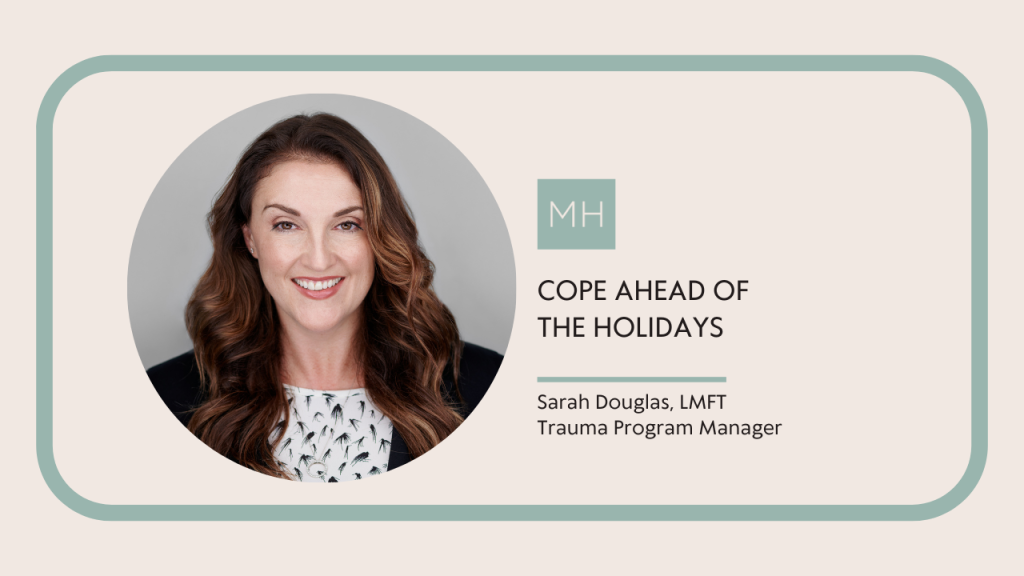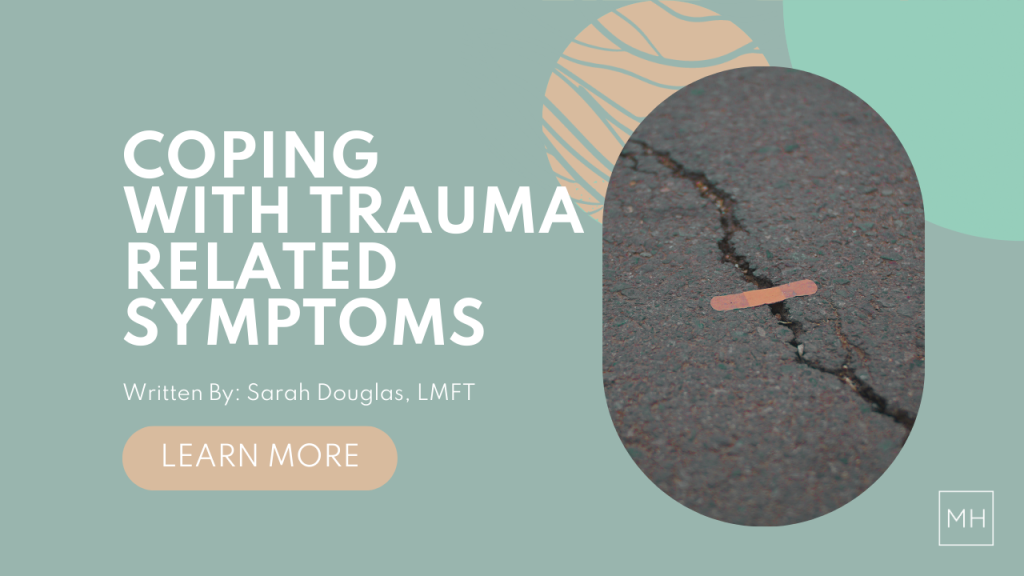NAVIGATING TRIGGERS & COPING STRATEGIES
The holiday season is advertised as a time filled with joy, festivities, and quality with loved ones. However, it can also be a time of heightened stress and emotional overwhelm, particularly for those who have experienced trauma in their past. Understanding how ones body responds to holiday stress is the key to managing the holidays with success.
FAMILY GATHERINGS
One source of stress that can be triggering for individuals with PTSD during the holiday season is the emphasis on family gatherings. For those who have experienced trauma within their family, these gatherings can be emotionally overwhelming. Memories of past traumatic events can resurface, leading to anxiety and distress. These gatherings may also bring back feelings of loss for those who have lost loved ones, exacerbating their grief.
Ways to manage such gatherings is to focus on your own level of engagement. Does the meal conversation make you feel vulnerable or suffocated? Instead, why don’t you arrive right when the meal begins so you don’t expose yourself to those conversations. Just spending the night in your family home exacerbate memories that are unwanted? Reach out to a trusted friend or extended family member where you can stay instead. Examples of creating safety and control on your own terms will lead to a more regulated and POWERFUL position during triggering family get togethers.
HOLIDAY EXPECTATIONS & PTSD
For some trauma survivors, especially those who are tackling some difficult memories and therapy currently, or who have had a recent traumatic exposure, the overall increase in stress and expectations during the holiday season can exacerbate panic. The pressure to create a picture-perfect holiday can lead to heightened anxiety and feelings of inadequacy, especially for individuals with PTSD. The high arousal that crowds during holiday shopping can cause, paired with decorating, and social events can increase stress levels and make it challenging to manage the symptoms of PTSD effectively.
It’s important to be aware of how your body responds to holiday demands and give yourself permission to opt out. Are you not liking the crowds at the mall? Shop online instead. Does the idea of decorating your house make you want to go to sleep? Then don’t do it!! Or find ways to make it easier such as inviting close trusted friends to help you or even decide to decorate a small portion of a room like your dining room table, and not the rest. Creating control on your own terms that support what you need is the most important part of the holiday.
SELF-CARE
Prioritizing self-care during the holiday season is important. This includes setting realistic expectations and boundaries, seeking support from friends or a therapist, and taking time for self-reflection are essential. The last few weeks of the year are often slow and give us opportunities to create space for ourselves. If your body needs calmness there is no reason for you to push yourself into the chaos of the holiday shopping, travel, and meal gatherings.
SETTING LIMITS THIS SEASON
“Let’s normalize setting limits and taking care of your needs as the most important holiday event” says Dr. Zaleski, Chief Clinical Officer at The Mental Health Collective. “Recovering from trauma means prioritizing a person’s sense of safety. Large crowds, holiday travel, and even family gatherings can feel threatening to many survivors who are recovering from traumatic events. Give yourself permission to say no. You can always try again next year!”
DO YOU HAVE A QUESTION?
Send our team a message or call 888.717.9355


